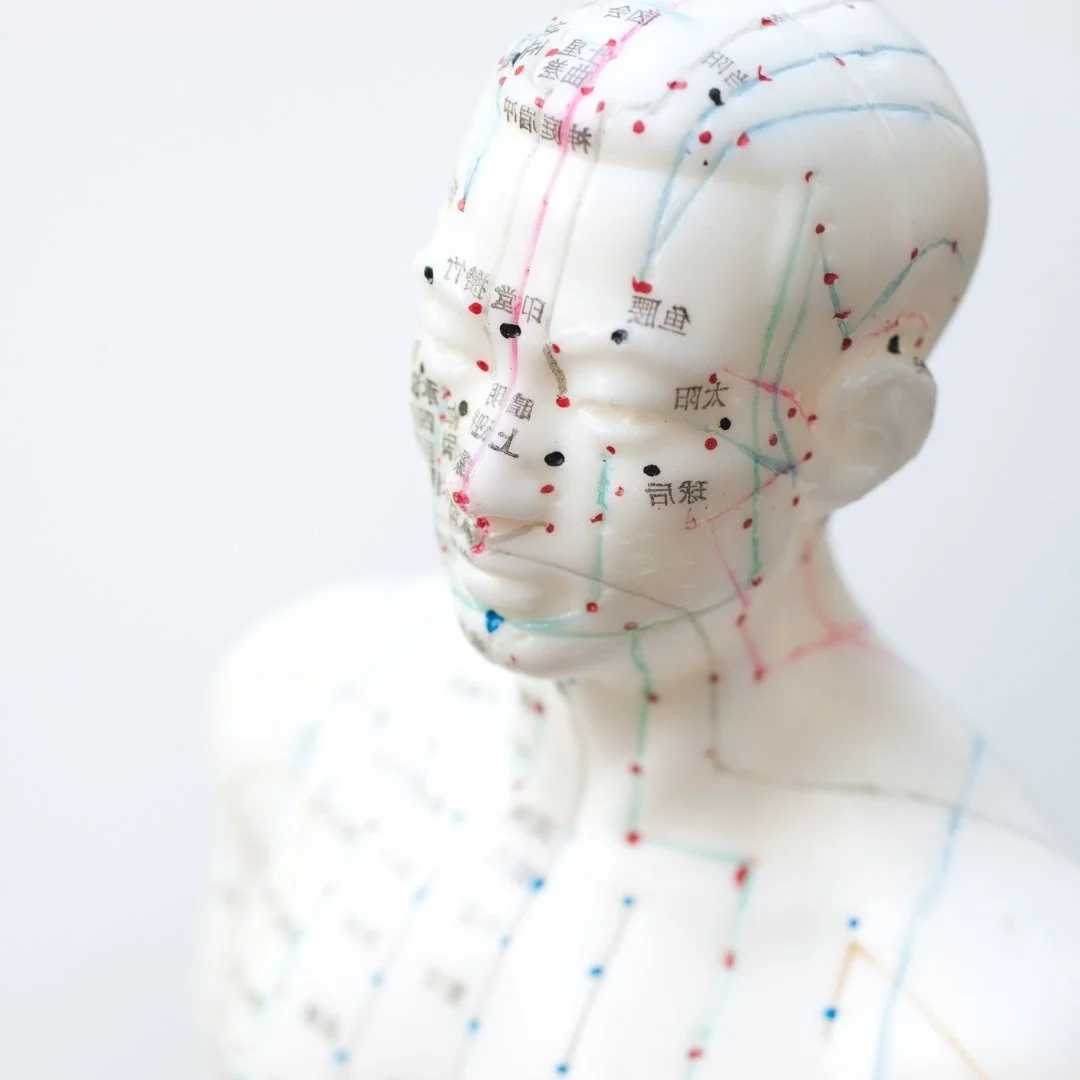
Living with Lasting Symptoms
Sometimes healing takes longer than anyone expects.
If you’re still dealing with symptoms weeks, months, or even years after your injury, you’re not alone. Many survivors experience lingering effects that can make daily life feel unpredictable — and that’s okay. Living with lasting symptoms doesn’t mean you’ve failed to recover; it means your journey looks different.
This page is here to help you find balance, connection, and hope as you continue healing in your own way.
Find Community
You don’t have to face this alone. Finding others who understand can make a huge difference. Sometimes the most healing thing you can do is talk to someone who truly gets it.
Living With a TBI
Every brain injury is unique, and so is every recovery. You may still be managing fatigue, memory issues, headaches, or mood changes. These challenges don’t define you — they’re part of a process that takes time, compassion, and the right tools.
Try:
Breaking tasks into small, manageable steps
Scheduling rest throughout your day
Asking for help when you need it
Focusing on what you can do, not just what you can’t
Healing is not about perfection; it’s about progress.
Mind and Body Support
Recovery can change how you see yourself and the world around you. Take a moment to think about what you’ve learned through this experience. What helped you heal? What will you keep doing differently moving forward?
-
It’s normal to feel frustrated, sad, or lost at times. Healing takes energy — and that includes your emotional health.
If you’re struggling, remember that help is available.
988 Suicide and Crisis Lifeline (US): Call or text 988. -
When you feel anxious or overwhelmed, simple grounding exercises can help bring you back to the present moment. Try:
Box breathing
Naming five things you can see
Spending a few quiet minutes outside
-
Even small moments of gratitude can help shift your mindset and ease symptoms over time.
-
Art, journaling, and gentle physical activity can help you reconnect with yourself. Move in ways that feel good, express yourself freely, and give yourself permission to rest when needed.
Alternative and Integrative Support
Many survivors find additional comfort in alternative care approaches such as mindfulness, yoga, acupuncture, or nutrition. These can complement — not replace — medical treatment.
Explore what feels right for you, and talk with your healthcare provider about safe options.
Explore More Resources
Wherever you are in your journey, there’s more here to help you keep learning and healing.
You can keep exploring by visiting:
Prevention & Brain Health to learn simple, everyday steps to protect your brain.
Just Injured — What Now? to learn the first steps after a concussion.
On the Road to Recovery for tips and tools that support healing.
Healing Journey for support as you transition back to your routines.
Living With Lasting Symptoms if you’re managing long-term effects.
Supporting Loved Ones to help someone else through their recovery.
You don’t have to go through this alone — take your time, explore what feels helpful, and know that every page here was made with care for you.




